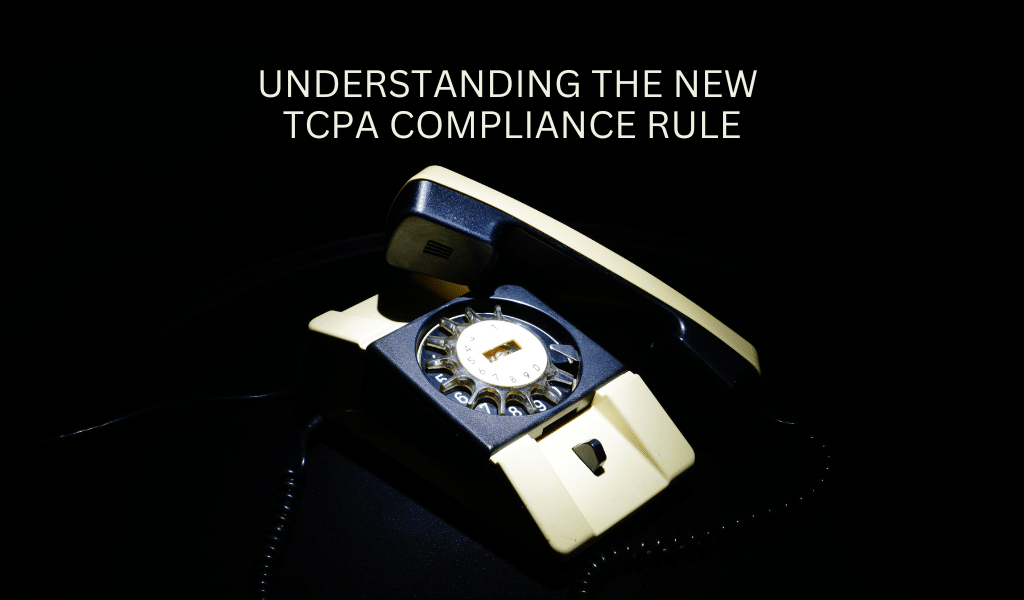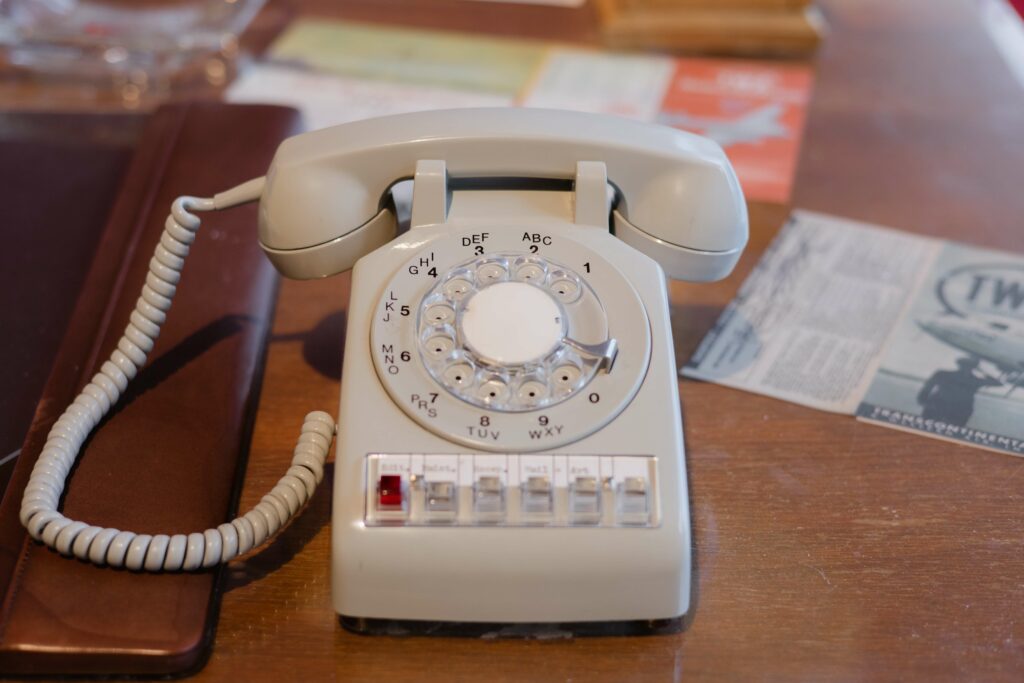Find out what the changes to TCPA compliance rules mean for your sales and fundraising calls.
While TCPA compliance can feel overwhelming at times, most of the rules just make sense. Don’t call people before 8 in the morning or after 9 at night. Don’t call people who don’t want to be called. And don’t misrepresent yourself or commit fraud. These are pretty simple rules.
Still, TCPA compliance is a big deal. Continued violations of the rule may result in fines that can cripple all but the largest companies. And it can feel a little confusing once you get into the details. For example, you need a Subscription Account Number (SAN) to access the Do Not Call list.
Understandably, compliance is an important subject to keep up with. As of July 20, 2023, there are some changes that might impact your phone calls. Believe it or not, however, some of these changes might actually make your work easier! Let’s take a look.
Maintain customer profiles, automate processes, and reach more customers with Call Logic’s call management software. Check out a free demo to see what we’re all about!
What you need to know about the changes in TCPA compliance
The TCPA, or Telephone Consumers Protection Act, went into effect in 1991 to protect consumers from unwanted telemarketing calls. At the time, the act included numerous exceptions around fundraising for nonprofit organizations, political campaign calls, and purely informational calls, such as surveys, even if they came from otherwise for-profit organizations.
Here’s what the Federal Register says about the updated TCPA compliance rules:
“Specifically, compliance is required for the Telephone Consumer Protection Act (TCPA) exemptions for artificial or prerecorded voice calls made to residential telephone lines to ensure each satisfies the TRACED Act’s requirements to identify who can call, who can be called, and any call limits. Compliance is also required with the limits on the number of calls that can be made under the exemptions for non-commercial calls to a residence; commercial calls to a residence that do not include an advertisement or constitute telemarketing; tax-exempt nonprofit organization calls to a residence; and Health Insurance Portability and Accountability Act (HIPPA)-related calls to a residence. Finally, callers must have mechanisms in place to allow consumers to opt out of any future calls.”
Here are some specific TCPA compliance changes that might impact your business.
You cannot “initiate any telephone call” and use an “artificial or prerecorded voice to deliver a message” unless you are not calling for commercial reasons. So calls made by or for “tax-exempt nonprofit organizations” and those delivering health-related messages, for example, may use prerecorded messages.
Another new section of the TCPA impacts voicemail messages. “During or after the message,” you must provide a phone number that the consumer can call to be added to a do-not-call list. You must also provide an automated voice or key-activated mechanism for people that will automatically add them to a do-not-call list.
There’s another change that impacts your in-house do-not-call lists. In order to “initiate any call for telemarketing purposes to a residential” number, you must maintain your own do-not-call list and follow these standards:
- You need a written policy for keeping a do-not-call list.
- You need to train your team on how to use the list.
- You need to record the number of the person making a do-not-call request “at the time the request is made.” Furthermore, you need to honor that request within 30 days.
- You need to identify yourself, the name of the entity for whom you’re calling, and a telephone number or address for the business or entity.
- Unless the person specifically requests it, the do-not-call request does not apply to affiliated businesses “unless the consumer reasonably would expect them to be included given the identification of the caller and the product being advertised.”
- Maintain records of do-not-call requests for five years.
These rules do not apply to tax-exempt organizations. And if you think they sound familiar, you are correct. These rules are similar to the safe harbor provisions of the Telemarketing Sales Rule (TSR).
One other change worth noting is with respect to the number of times you may call a residential line. More specifically, non-commercial calls and calls by “tax-exempt nonprofit organizations” are limited to “three artificial or prerecorded voice calls within any consecutive thirty-day period.”
For HIPAA-related calls, the change is to “one artificial or prerecorded voice call per day, up to a maximum of three artificial or prerecorded voice calls per week.”
One change working in your favor here is that exceptions used to require written consent from the person being called. Now, however, oral consent is considered sufficient.
How will these rules impact you?
For the most part, the new TCPA regulations are similar to current best practices. You’ll have a lot more sales and fundraising success when a live sales agent is there to talk to the person being called. Artificial and prerecorded messages can give the impression that you don’t truly value your prospects and customers.
Furthermore, keeping written procedures and training documents is good for any business. And given that the TSR safe harbor provision already requires much of that, there’s a good chance you’re already doing that. Right?
In other words, you may find that if you’re running a tight ship, these new regulations won’t impact you too much. And since these changes are beneficial to consumers, it’s just good customer service. And isn’t that what ultimately helps you attract and retain clients?
Make more calls in less time with Call Logic. From client profile management to automated voicemails to built-in compliance, we’ve got you covered in every aspect of your business. Schedule a free demo today to learn more!

